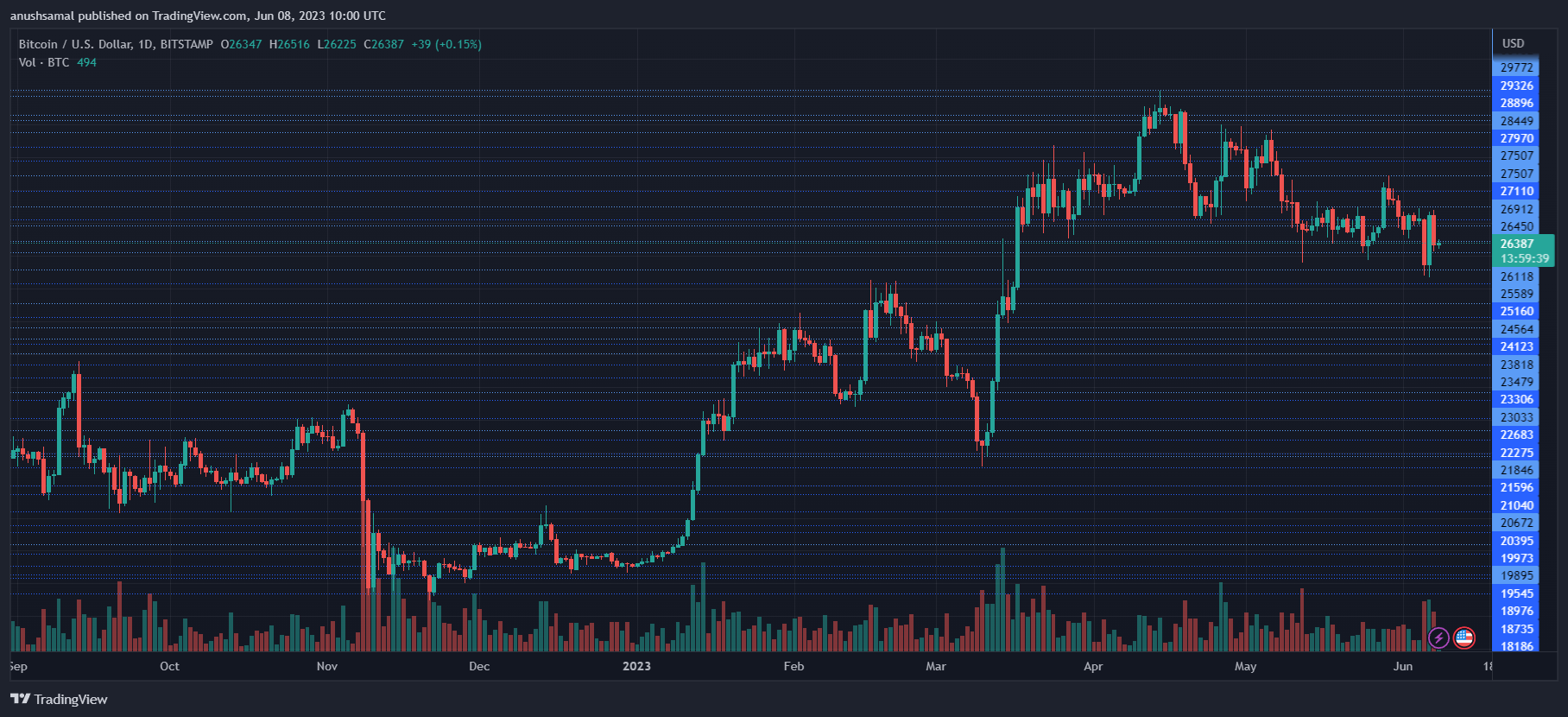Latest news about Bitcoin and all cryptocurrencies. Your daily crypto news habit.
The European Commission has received a complaint from the largest consumer rights group in Europe, accusing cryptocurrency marketers on popular social networks of engaging in a misleading promotion that poses a significant risk to consumers.
European Consumer Organisation (BEUC) has lodged this complaint targeting Meta Platforms’ Instagram, Alphabet’s YouTube, TikTok, and Twitter. Consequently, regulatory action against these platforms is being considered to address the issue and safeguard consumers.
BEUC released a report titled “Hype or harm? The great social media crypto con” on June 8. In this comprehensive 20-page document, BEUC highlights that consumers lack full awareness of the risks involved in dealing with cryptocurrencies. The regulator asserted that the prevalence of deceptive advertisements for crypto assets on social media platforms constitutes an unfair commercial practice.
Related Reading: US Congress Sets Date For Hearing On Future Of Crypto
The complaint specifically highlights the role of advertising and influencers in perpetuating these misleading promotions. Additionally, it urges the implementation of measures to prevent influencers from misleading consumers, thus aiming to safeguard the interests of individuals engaging with crypto assets.
The recent lawsuits against digital asset platforms Coinbase (COIN.O) and Binance by US regulators, as well as the collapse of FTX last year, have raised concerns regarding consumer protection in the realm of crypto assets like Bitcoin and Ether.
To address these concerns, the European Union took a significant step last month by adopting the world’s first comprehensive set of regulations for crypto asset oversight. These regulations aim to establish a framework that ensures transparency, security, and consumer protection within the crypto industry.
Increases Scrutiny For Crypto Advertising On Social Media
Despite the individual efforts of national regulators to address the issue of misleading promotion, a comprehensive approach to tackling the problem is still lacking.
The report highlights that the existing legal framework, such as the Unfair Commercial Practices Directive (UCPD), provides a foundation for implementing EU-level measures. Moreover, the report points out the presence of the EU Consumer Protection Cooperation Network (CPC Network) as the appropriate body to lead enforcement efforts.
The CPC Network can play a vital role in coordinating actions among member states and ensuring consistent consumer protection standards across the European Union.
The report highlights the need for the EU CPC Network to take action by requesting social media platforms to adopt more stringent conditions in their advertising policies. This would aim to address the issue of misleading promotion related to crypto products.
Additionally, the report suggests that social media platforms should incorporate a prohibition for influencers to promote crypto products within their Terms of Use.
Furthermore, the report recommends that social media platforms be required to submit regular reports to the European Commission, assessing the effectiveness of the measures they have implemented to combat misleading promotion.
This would enable ongoing evaluation and monitoring of the platforms’ efforts to protect consumers in the crypto space. In addition to the European Consumer Organisation (BEUC), consumer groups from several countries including Denmark, France, Greece, Italy, Lithuania, Portugal, Slovakia, and Spain have joined and signed the complaint.
Disclaimer
The views and opinions expressed in this article are solely those of the authors and do not reflect the views of Bitcoin Insider. Every investment and trading move involves risk - this is especially true for cryptocurrencies given their volatility. We strongly advise our readers to conduct their own research when making a decision.
